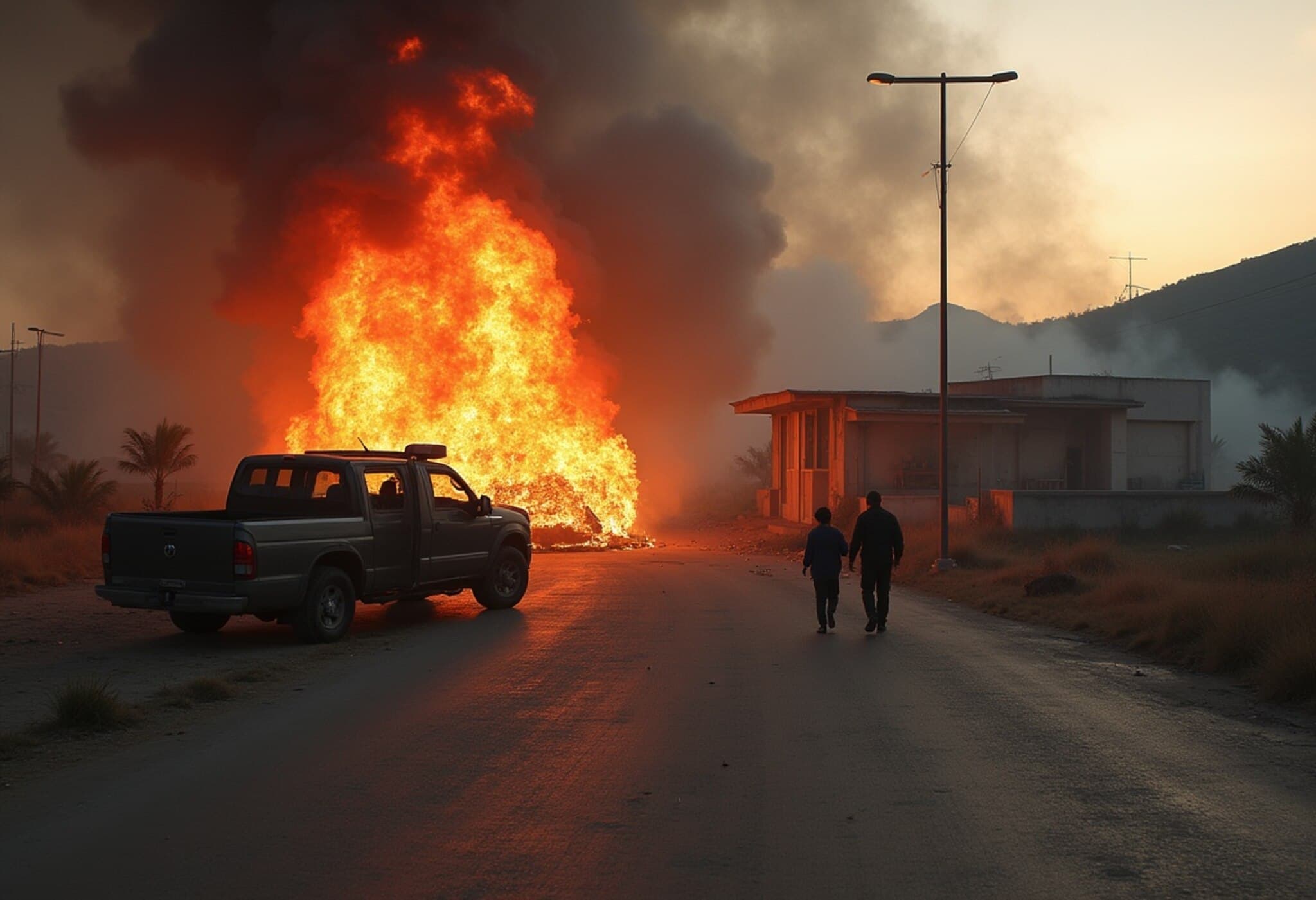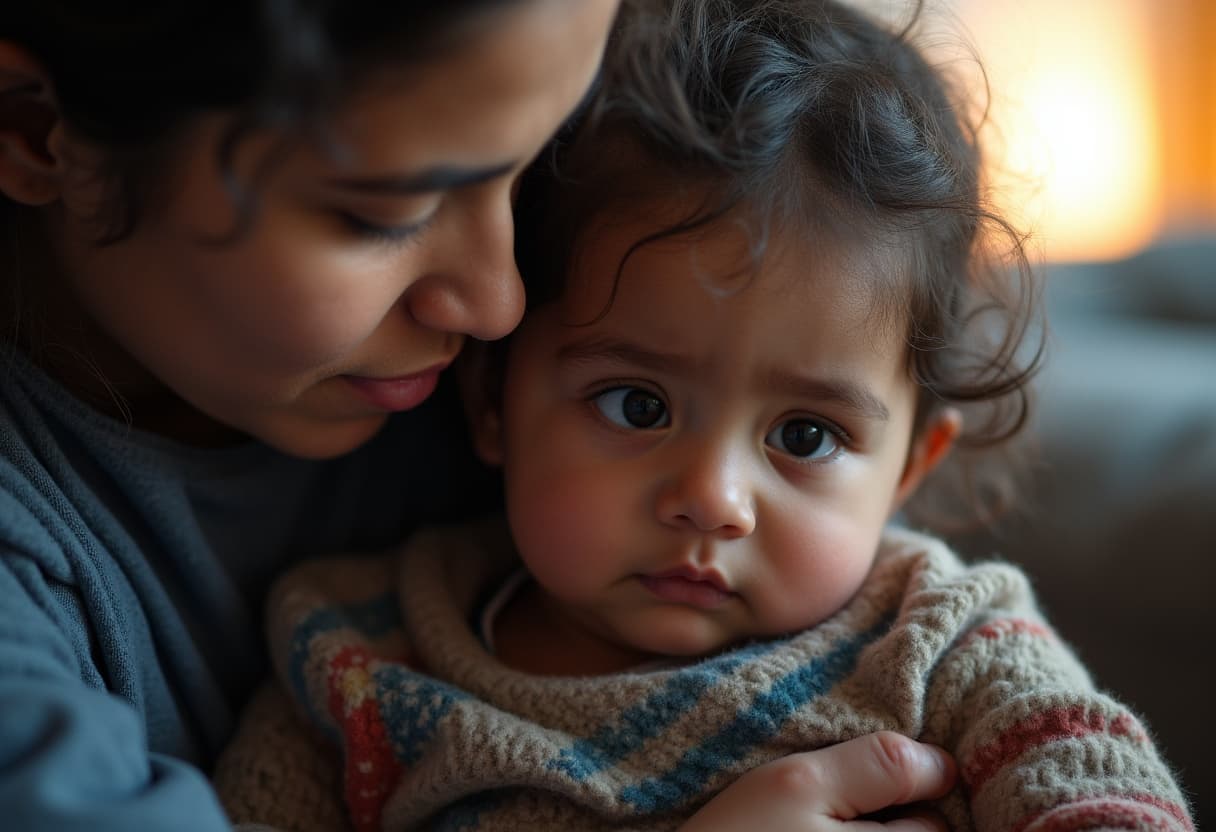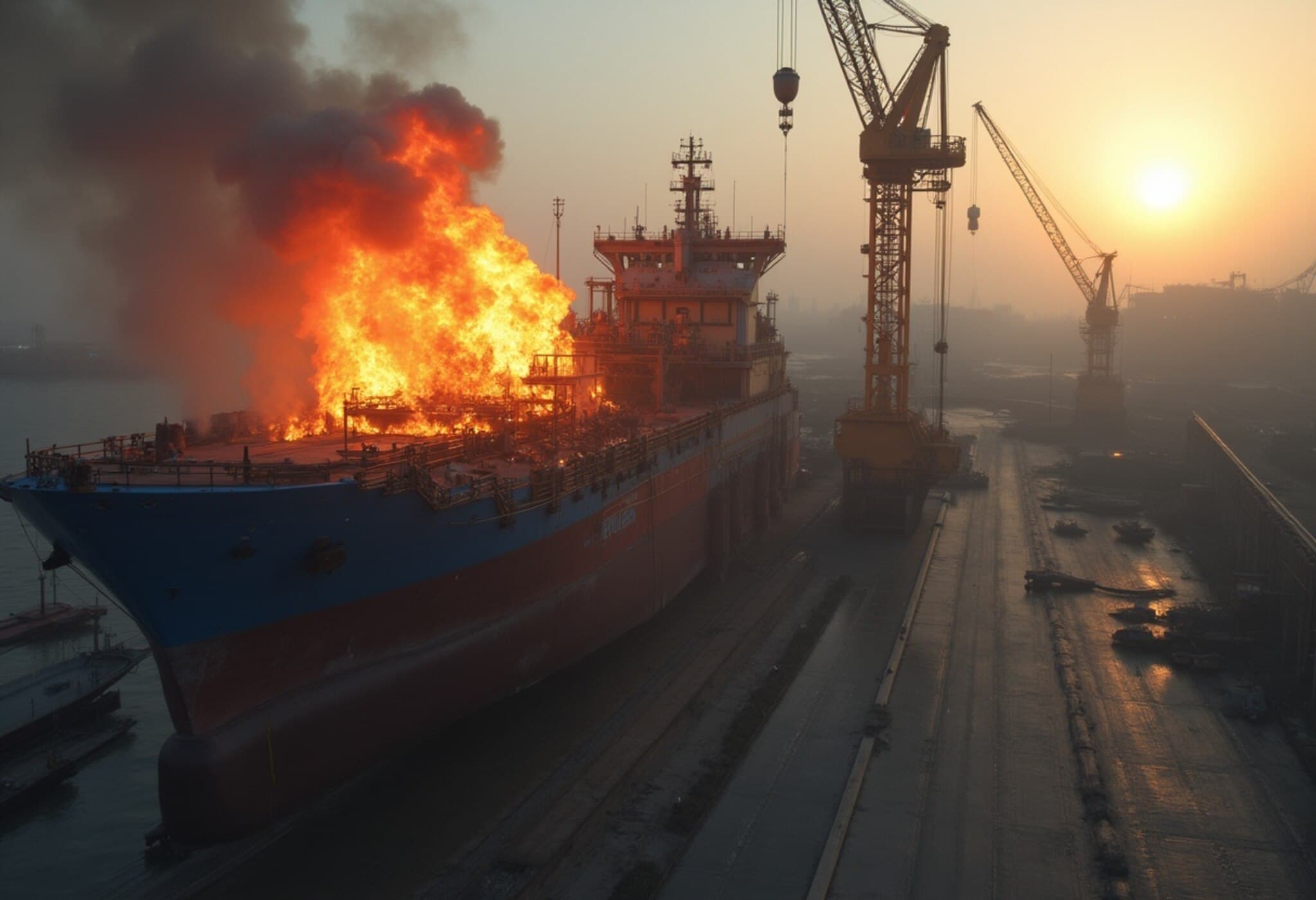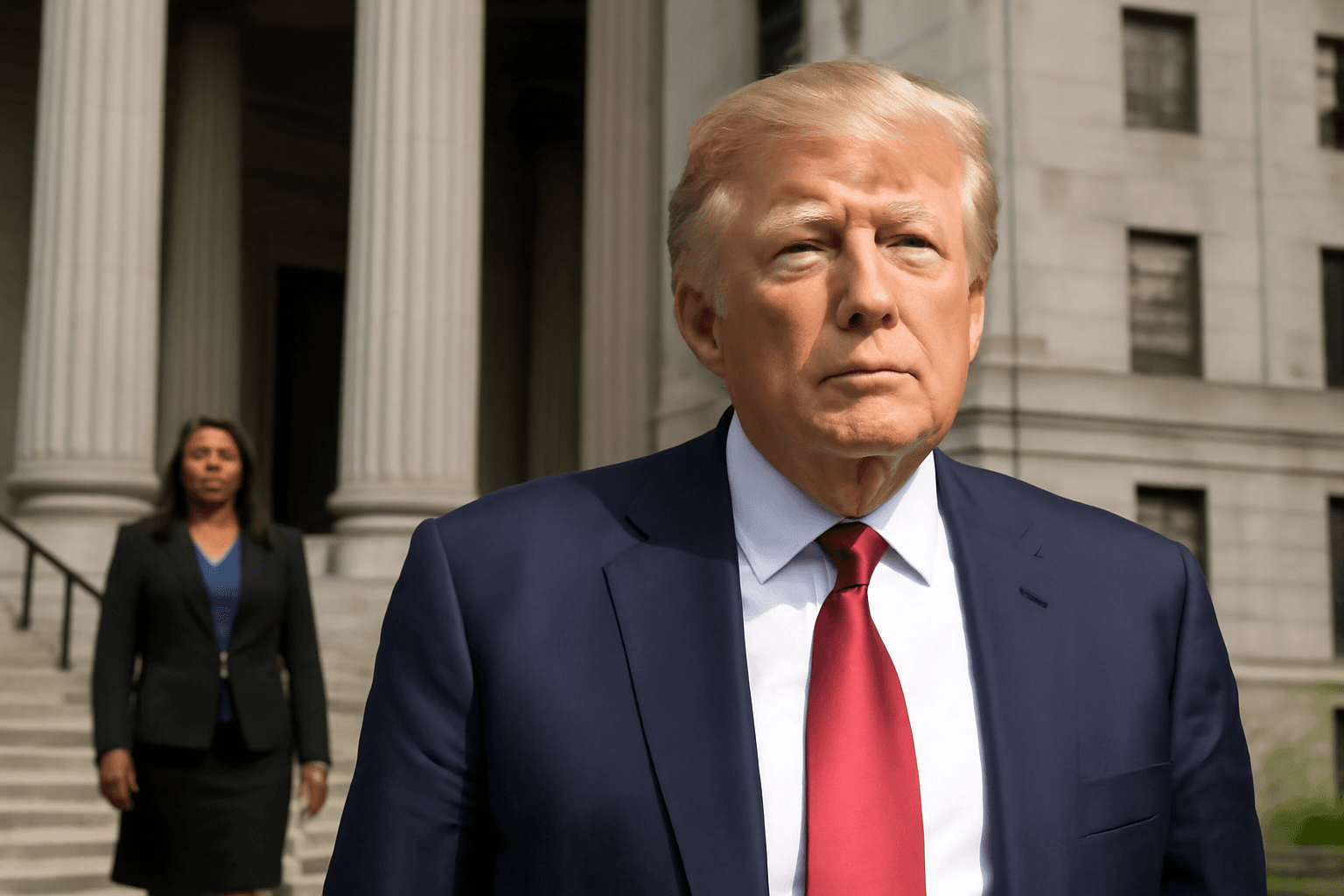Deadly Bombing Near Cali’s Military Aviation School Escalates Colombia’s Security Concerns
In a tragic turn of events on August 21, 2025, a powerful vehicle bomb exploded along a bustling street in Cali, Colombia’s third-largest city, killing five people and injuring 36 more. Authorities confirm the target was the Marco Fidel Suarez Military Aviation School located in the northern part of the city — a blow that underscores mounting security challenges as Colombia approaches its 2026 presidential elections.
Eyewitness Accounts Reveal The Explosion’s Immediate Aftermath
Residents in the vicinity described a terrifying scene. 65-year-old Hector Fabio Bolanos witnessed the moment when the explosion tore through the area, remarking to AFP, "There was a thunderous sound of something exploding near the air base. The street filled with injured people, and many nearby buildings suffered damage." Several local schools and residential buildings were evacuated as emergency services rushed to the site.
Cali Mayor Alejandro Eder verified the casualty figures, underscoring the gravity of the incident. In response, the city has imposed an immediate ban on large trucks entering urban areas, fearing potential further attacks. Additionally, local authorities have issued a reward of US $10,000 for information leading to the perpetrators’ capture.
Contextualizing the Attack: Ongoing Conflict and Political Pressure
The identity of those responsible remains uncertain, but regional governor Dilian Francisca Toro unequivocally classified the bombing as a "terrorist attack," affirming, "Terrorism will not defeat us."
Experts note the attack fits a recent pattern of violence linked to the Central General Staff (EMC), a leftist guerrilla group that rejected the 2016 peace accord. The EMC has escalated attacks around Cali this year, killing at least seven people in prior bombings and shootings.
This resurgence threatens Colombia’s fragile peace process, particularly as political tensions intensify ahead of the critically important 2026 elections. Historically, such violent flare-ups have complicated efforts to stabilize the country’s democratic and social institutions.
Broader Security Situation: Coca Eradication and Armed Clashes
Simultaneously, in northwestern Colombia near Medellin, another violent confrontation resulted in eight deaths during clashes between police forces and guerrilla fighters. Police were conducting coca eradication operations at the time — a persistent flashpoint in Colombia’s decades-long struggle with narco-trafficking.
Colombia’s armed groups, whether guerrillas, paramilitaries, or criminal syndicates, often finance their operations through cocaine production and trafficking, intertwining the country’s security problems with global drug dynamics.
Political Ramifications: President Petro’s Peace Strategy Under Scrutiny
President Gustavo Petro’s administration, which has pursued a more conciliatory approach to conflict resolution with armed groups, faces growing criticism amidst this surge in violence. Some analysts argue that the government’s strategy, though ambitious in aiming for long-term peace, has unintentionally emboldened insurgent factions.
The latest attacks represent a sobering reminder of the hurdles Colombia must overcome to secure lasting peace and stability, especially in the run-up to elections that will shape the country’s trajectory for years to come.
Summary
- Vehicle bomb targeted Marco Fidel Suarez Military Aviation School in Cali, killing 5 and injuring 36.
- Authorities imposed truck bans and offered rewards for information as investigation continues.
- Leftist guerrilla group EMC suspected; the attack threatens Colombia's fragile peace process before 2026 elections.
- Simultaneous deadly clashes occurred near Medellin amidst coca eradication efforts.
- Political debate intensifies over President Petro’s peace policies amid rising violence.
Editor’s Note
As Colombia grapples with repeated violence despite years of peace efforts, the recent bombing in Cali starkly illustrates the complex interplay between political transitions and security challenges. It raises pressing questions: How can Colombia reconcile with armed factions while ensuring public safety? What role does the international community play in supporting Colombia’s fragile peace? And critically, how will the upcoming elections influence the country’s path forward? These unresolved issues demand close attention as Colombia stands at a pivotal crossroads.






